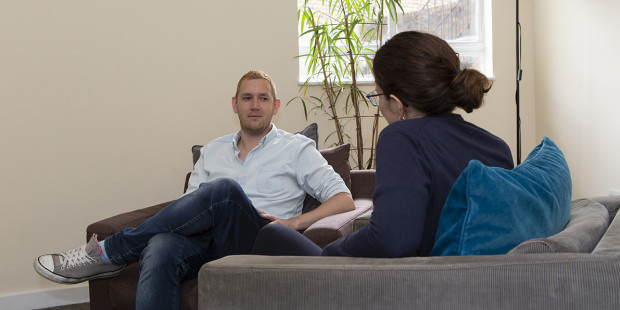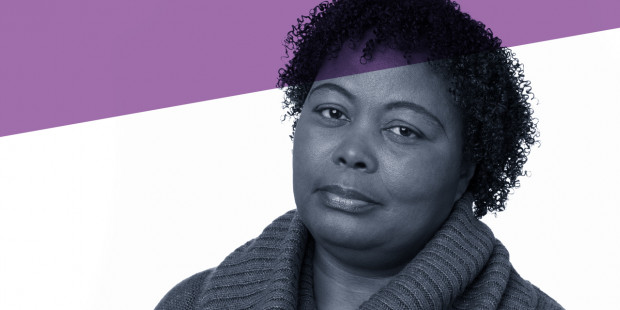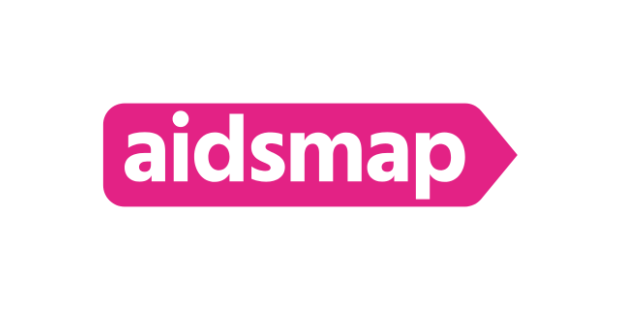
If you do feel happy and safe to tell health and social care professionals, knowing about any medical needs or medications, including HIV, helps health and social care professionals give you the best possible care. They might also know that you have HIV from your health records.
Do my health records say that I have HIV?
Your HIV medicine and HIV status may be included in your health record. You should be asked for consent to share your health record and the information in it.
If you do give consent, health records would be shared with health and social care professionals who give you care. It’s mostly so they can make the right decisions about treatment. This means your end-of-life healthcare team may know that you’re living with HIV without you telling them.
You can ask to only have core information in your health record. Core information would include any HIV medicine you’re taking. Or you can opt out of having a health record.
You might find it helpful to speak with your GP or another healthcare professional about your health record. They can explain what’s currently in your record, who has access, and your options.
How health and social care professionals may react
Health and social care professionals deal with different illnesses and conditions every day. You should be able to tell them about your HIV status and get the support you need. But we know that some people don’t understand HIV and can act badly or with prejudice because of that.
We’ve spoken with people living with HIV who are worried about telling others because of a possible negative reaction. You may be worried because of bad experiences you’ve had before or that you’ve heard about.
If people do react negatively or discriminate against you, here are some things that might help:
- Know your rights. HIV is defined as a disability, so you are legally protected against discrimination based on your HIV status.
- Find out about the complaints process where you’re getting care. Hospitals, hospices or services that provide care at home will have a way for you to safely make a complaint. You could try looking on their website, or emailing or calling their patient support team.
- Speak to someone you trust. This could be another health or social care professional, like your HIV doctor. Or it may be a partner, family member or friend. They might be able to support you to raise an issue with the healthcare provider, or raise an issue on your behalf.
- Get support from us. Call THT Direct on 0808 802 1221 or email [email protected] for advice.
Family, friends or other visitors who don’t know you’re living with HIV
You may not have told everyone important to you that you’re living with HIV. Talk to your HIV doctor and end-of-life healthcare teams about who knows and who you’d prefer not to know. This way, if you have visitors, your healthcare teams can make sure not to say or do anything that reveals your HIV status.







